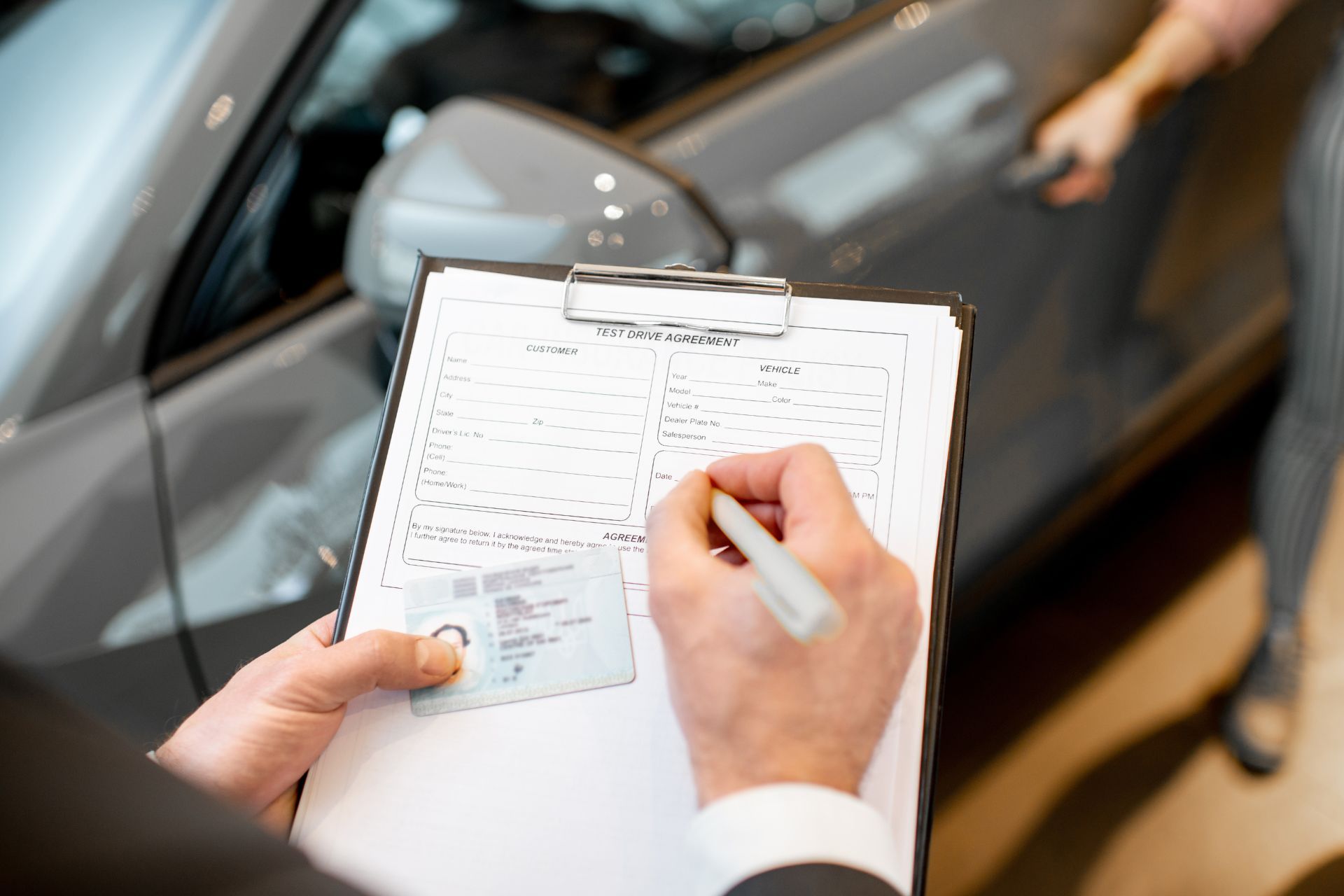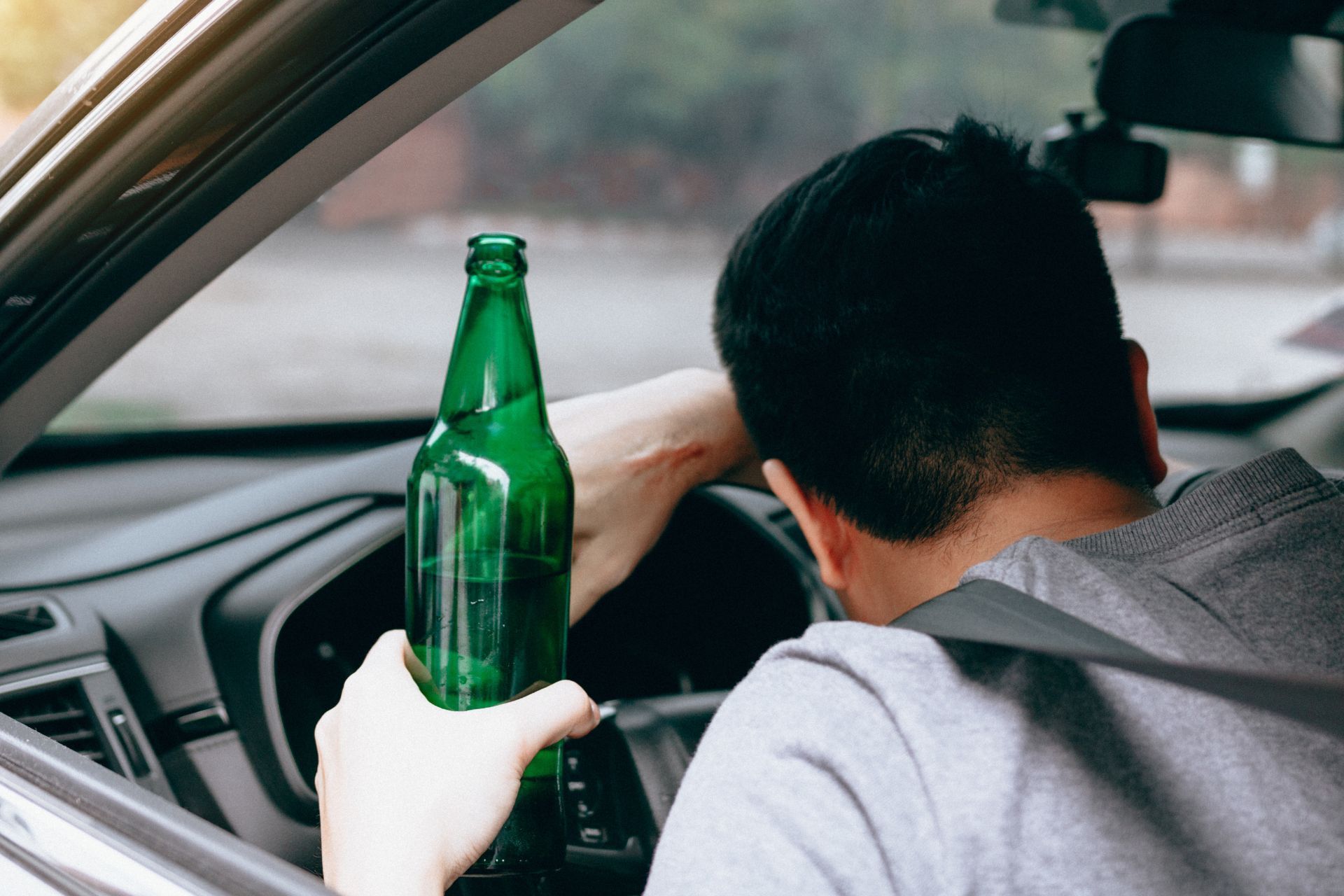Florida SR-22 Insurance Without a Vehicle – Everything You Need to Know
11 October 2025
See How We're Different
or call us: (727) 620-0620

For many Florida drivers, maintaining a valid driver’s license after certain violations or incidents requires filing an SR-22 form. But what happens if you don’t own a vehicle? Fortunately, Florida offers a solution known as non-owner SR-22 insurance, designed specifically for drivers who need to prove financial responsibility without owning a car. This article dives deep into everything you need to know about Florida SR-22 insurance without a vehicle, including eligibility, costs, coverage requirements, and tips for managing your policy effectively.
What Is Non-Owner SR-22 Insurance in Florida?
Non-owner SR-22 insurance is a specialized type of auto insurance policy for drivers who do not own a vehicle but are required to file an SR-22 form to reinstate or maintain their driver’s license. This form is a certificate of financial responsibility that the Florida Department of Highway Safety and Motor Vehicles (DHSMV) requires from drivers who have been deemed high-risk due to incidents like DUIs, reckless driving, or multiple traffic violations.
This insurance allows individuals who occasionally rent or borrow vehicles to meet state requirements without purchasing full auto insurance on a car they don’t own. According to the National Insurance Guide, non-owner SR-22 insurance is ideal for those who need to maintain a valid driver’s license but do not have a personal vehicle.
Having a non-owner SR-22 policy means you can legally drive rented or borrowed cars while meeting Florida’s financial responsibility laws. Without it, your license could remain suspended until you provide proof of insurance.
It’s important to note that non-owner SR-22 insurance typically does not cover vehicles you own or operate on a regular basis. Instead, it is designed to provide coverage for liability in the event of an accident while driving a vehicle that is not yours. This means that if you are involved in an accident while driving a rented car, your non-owner SR-22 policy would help cover damages to other vehicles or property, as well as medical expenses for injuries sustained by others. However, it’s crucial to check the specific terms of your policy, as coverage can vary significantly between providers.
Additionally, obtaining non-owner SR-22 insurance can often be more affordable than traditional auto insurance, making it a practical option for individuals who find themselves in need of coverage without the financial burden of insuring a vehicle they do not own. Many insurance companies offer flexible payment plans and discounts for safe driving, which can further reduce costs. This flexibility is particularly beneficial for those who may be on a tight budget or are looking to minimize expenses while still complying with state regulations.
Why Do You Need an SR-22 in Florida?
The SR-22 form is not an insurance policy itself but a document filed by your insurance company to confirm you carry the minimum required liability coverage. Florida drivers typically need an SR-22 after serious offenses such as DUI convictions, driving without insurance, or accumulating excessive points on their driving record.
One crucial aspect to understand is that Florida requires drivers to maintain an SR-22 for a period of three years. Failing to keep continuous coverage during this time can lead to license suspension and the need to restart the filing period. This continuous coverage requirement is emphasized by experts at Insurance Navy Brokers, who highlight the importance of avoiding gaps in your policy.
For drivers without a vehicle, the non-owner SR-22 serves as a practical way to meet these requirements without owning a car. It ensures you remain compliant with Florida law while maintaining your driving privileges.
Moreover, obtaining an SR-22 can also impact your insurance premiums. Many insurance companies view the need for an SR-22 as a sign of higher risk, which can lead to increased rates. It’s essential for drivers to shop around and compare quotes from different insurers, as some may offer more competitive rates for SR-22 filings than others. Additionally, maintaining a clean driving record during the SR-22 period can help mitigate costs in the long run, as insurers may adjust rates based on your driving behavior.
Understanding the implications of an SR-22 is vital for any Florida driver facing this requirement. Apart from the financial aspects, there are also administrative procedures to consider. Drivers must ensure that their insurance company files the SR-22 with the Florida Department of Highway Safety and Motor Vehicles (DHSMV) promptly. Delays or errors in filing can lead to unnecessary complications, including potential lapses in coverage or legal penalties. Therefore, staying proactive and informed about your SR-22 status can help you navigate this challenging process more smoothly.
Florida SR-22 Coverage Requirements for Non-Owners
The Florida DHSMV mandates specific minimum coverage amounts for SR-22 policies, including non-owner plans. These minimums are designed to protect all parties involved in an accident by ensuring the driver has adequate liability coverage.
For non-owner SR-22 insurance, the required minimum coverage includes:
- $10,000 per person for bodily injury
- $20,000 per accident for bodily injury
- $10,000 for property damage
These limits are set by the Florida Department of Highway Safety and Motor Vehicles and must be met or exceeded by any SR-22 policy filed on your behalf. The National Insurance Guide provides a detailed overview of these requirements, emphasizing the importance of maintaining proper coverage to avoid further penalties.
In addition to the minimum coverage requirements, it’s crucial for non-owners to understand the implications of having an SR-22 filing. An SR-22 is not an insurance policy itself but rather a certificate that your insurance company files with the state to prove that you are meeting the required liability coverage. This filing is often necessary for individuals who have had their driving privileges suspended due to violations such as DUI or repeated traffic offenses. As such, maintaining an SR-22 can be a pivotal step towards regaining full driving privileges and ensuring compliance with state laws.
Moreover, the costs associated with SR-22 insurance can vary significantly based on individual circumstances, including driving history and the insurance provider. Non-owners should shop around for quotes and consider factors such as customer service and claim handling reputation when selecting an insurer. Some companies may offer discounts for safe driving or bundling policies, which can help mitigate the financial burden of maintaining SR-22 coverage. Understanding these nuances can empower non-owners to make informed decisions that align with their financial and driving needs.
Cost Factors and Premium Expectations for Non-Owner SR-22 Insurance
One of the most common concerns about SR-22 insurance is the cost. Because drivers who require an SR-22 are considered high-risk, insurance companies often charge significantly higher premiums. This is true for non-owner SR-22 policies as well.
A study by Insurance.com found that the average annual premium for a first-offense DUI with an SR-22 in Florida is nearly $4,000. While non-owner SR-22 insurance may sometimes be less expensive than a full auto policy, it is still a costly investment due to the increased risk profile.
Rick Kautzer, director of product management at Dairyland Insurance, advises drivers to carefully assess the coverage level they are comfortable with relative to the cost. Balancing affordability with adequate protection is key to managing your SR-22 insurance effectively.
Keep in mind that these premiums can vary based on factors such as your driving history, age, and the insurance provider’s underwriting criteria. Additionally, geographical location plays a significant role in determining rates. For instance, urban areas with higher traffic congestion and accident rates may see steeper premiums compared to rural regions. This is due to the increased likelihood of claims in densely populated areas, which insurance companies factor into their pricing models.
Moreover, the type of vehicle you drive can also impact your SR-22 insurance costs. High-performance vehicles or those with a history of theft may attract higher premiums, as they are viewed as riskier to insure. Some insurers might offer discounts for certain safety features or for vehicles with lower theft rates, so it's worth exploring all available options. Understanding these nuances can help drivers make informed decisions and potentially save money on their SR-22 insurance premiums.
Who Should Consider Non-Owner SR-22 Insurance?
Non-owner SR-22 insurance is a practical solution for several groups of drivers in Florida:
- Occasional Drivers: Individuals who rent cars frequently or borrow vehicles from friends and family but do not own a car themselves.
- License Reinstatement Candidates: Drivers who need to reinstate their suspended license after a violation requiring an SR-22 but do not want to purchase a vehicle immediately.
- High-Risk Drivers Without Vehicles: Those who have been flagged as high-risk due to past driving offenses and need to maintain proof of financial responsibility.
By opting for a non-owner SR-22 policy, these drivers can maintain legal driving privileges without the financial burden of insuring a vehicle they do not possess. This flexibility is especially useful for people who rely on alternative transportation methods or are in transitional life phases.
Moreover, non-owner SR-22 insurance can also be beneficial for those who may be considering a lifestyle change, such as moving to a city with robust public transportation options. For instance, urban dwellers might find themselves using rideshare services or public transit more often, making vehicle ownership less practical. In such cases, maintaining an SR-22 can help ensure that they are covered in the event of an accident while using a rented or borrowed vehicle, thus avoiding potential legal complications.
Additionally, non-owner SR-22 insurance can serve as a stepping stone for drivers looking to improve their insurance rates over time. By demonstrating a commitment to responsible driving and maintaining continuous coverage, these individuals may eventually qualify for lower premiums when they decide to purchase a vehicle. This proactive approach not only aids in fulfilling legal requirements but also positions drivers favorably in the eyes of insurance providers, paving the way for better options in the future.
Maintaining Your Non-Owner SR-22 Insurance: Tips and Best Practices
Once you secure your non-owner SR-22 insurance, it’s critical to maintain continuous coverage throughout the mandated period, typically three years in Florida. Any lapse in coverage can result in immediate license suspension and the need to restart the SR-22 filing process, which can be costly and time-consuming.
To avoid such issues, consider the following best practices:
- Set Up Automatic Payments: Ensure your premiums are paid on time to prevent accidental lapses.
- Communicate With Your Insurer: Keep your insurance company informed of any changes in your driving status or contact information.
- Regularly Review Your Policy: Confirm that your SR-22 filing remains active and that your coverage meets Florida’s minimum requirements.
Insurance experts from carinsurance.com note that drivers with SR-22 filings are viewed as high-risk, so maintaining a good relationship with your insurer and staying proactive about coverage can help manage costs and compliance.
Additionally, it’s wise to keep a detailed record of all communications with your insurance provider. This includes notes from phone calls, copies of emails, and any correspondence regarding your policy. Such documentation can be invaluable if any disputes arise or if you need to prove that you maintained continuous coverage. Furthermore, consider enrolling in a defensive driving course; not only can this improve your driving skills, but many insurers offer discounts for completing such programs, which can help offset the higher premiums associated with SR-22 insurance.
Lastly, be aware of the specific requirements and regulations that govern SR-22 insurance in Florida. Each state has its own rules regarding how long you must maintain coverage and the penalties for non-compliance. Familiarizing yourself with these details can empower you to make informed decisions and avoid potential pitfalls during your coverage period. Staying educated about your responsibilities as a policyholder will not only keep you compliant but also enhance your overall understanding of the insurance landscape.
Conclusion
Florida SR-22 insurance without a vehicle is an essential option for drivers who need to prove financial responsibility but do not own a car. Non-owner SR-22 policies provide a cost-effective way to maintain a valid driver’s license while meeting the state’s legal requirements. Understanding the coverage minimums, costs, and the importance of continuous coverage can help you navigate this process smoothly.
Whether you’re reinstating your license after a violation or simply need to drive occasionally without owning a vehicle, non-owner SR-22 insurance offers the flexibility and legal compliance you need. For more detailed guidance, resources like the
National Insurance Guide provide comprehensive information tailored to Florida drivers.





